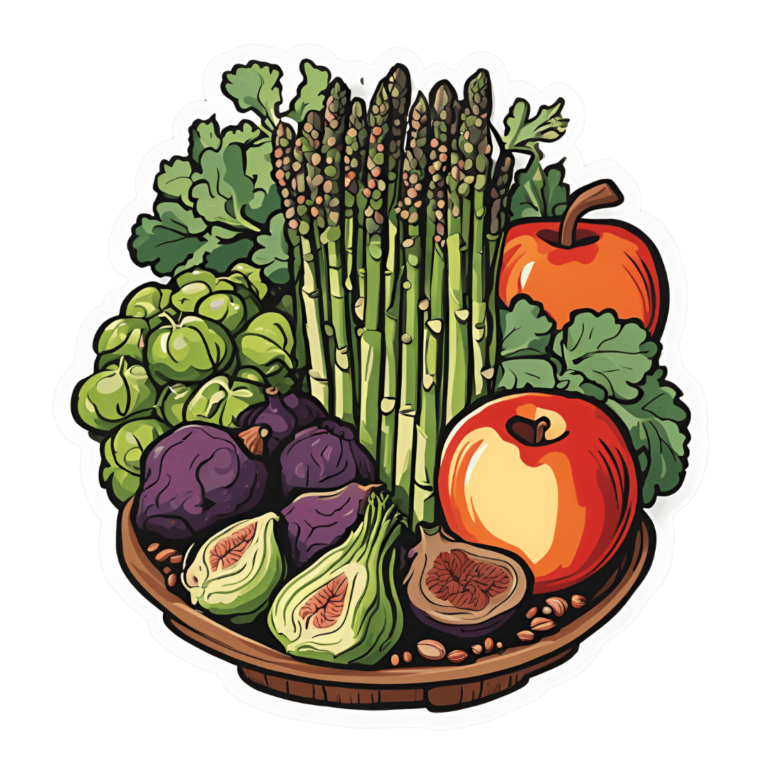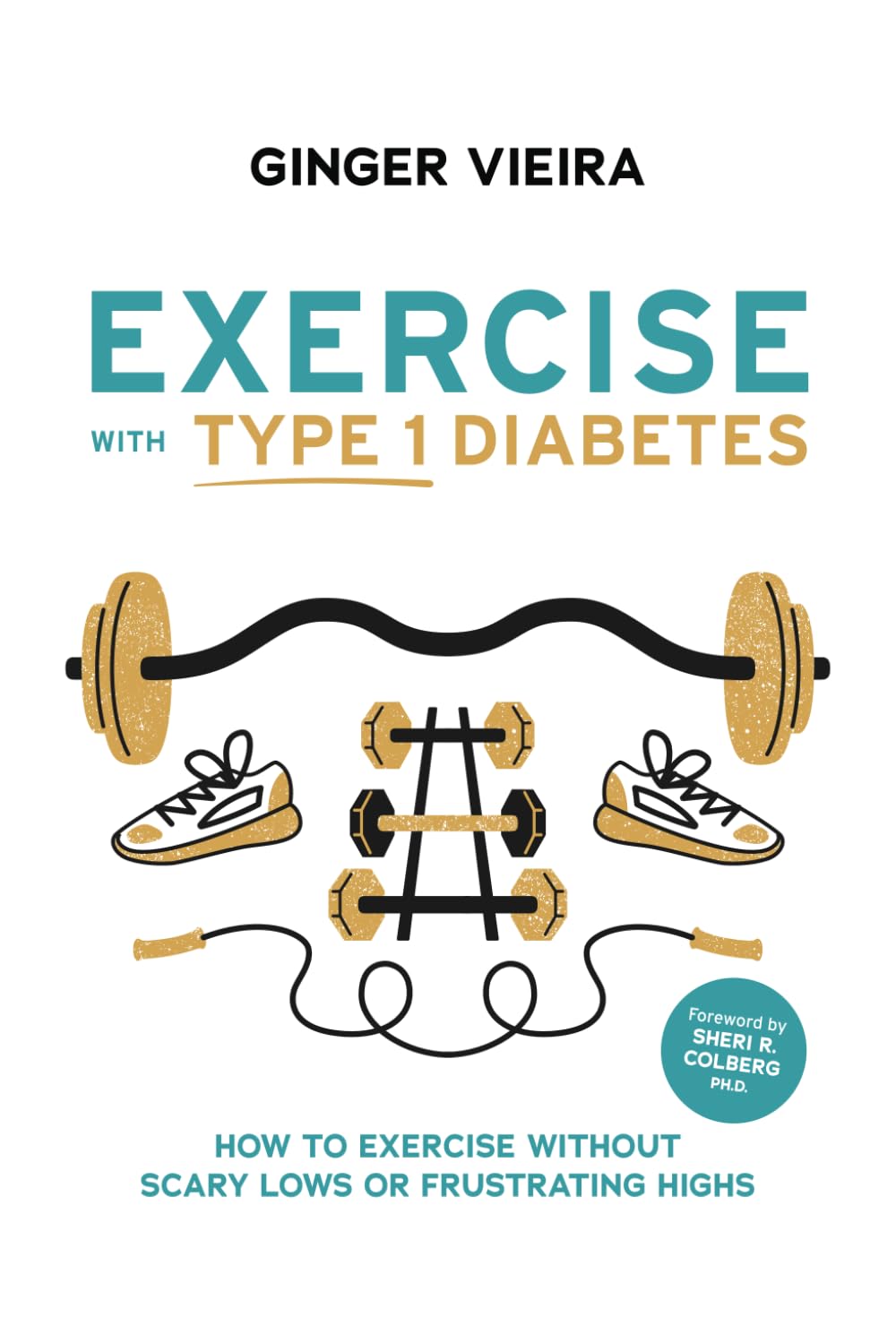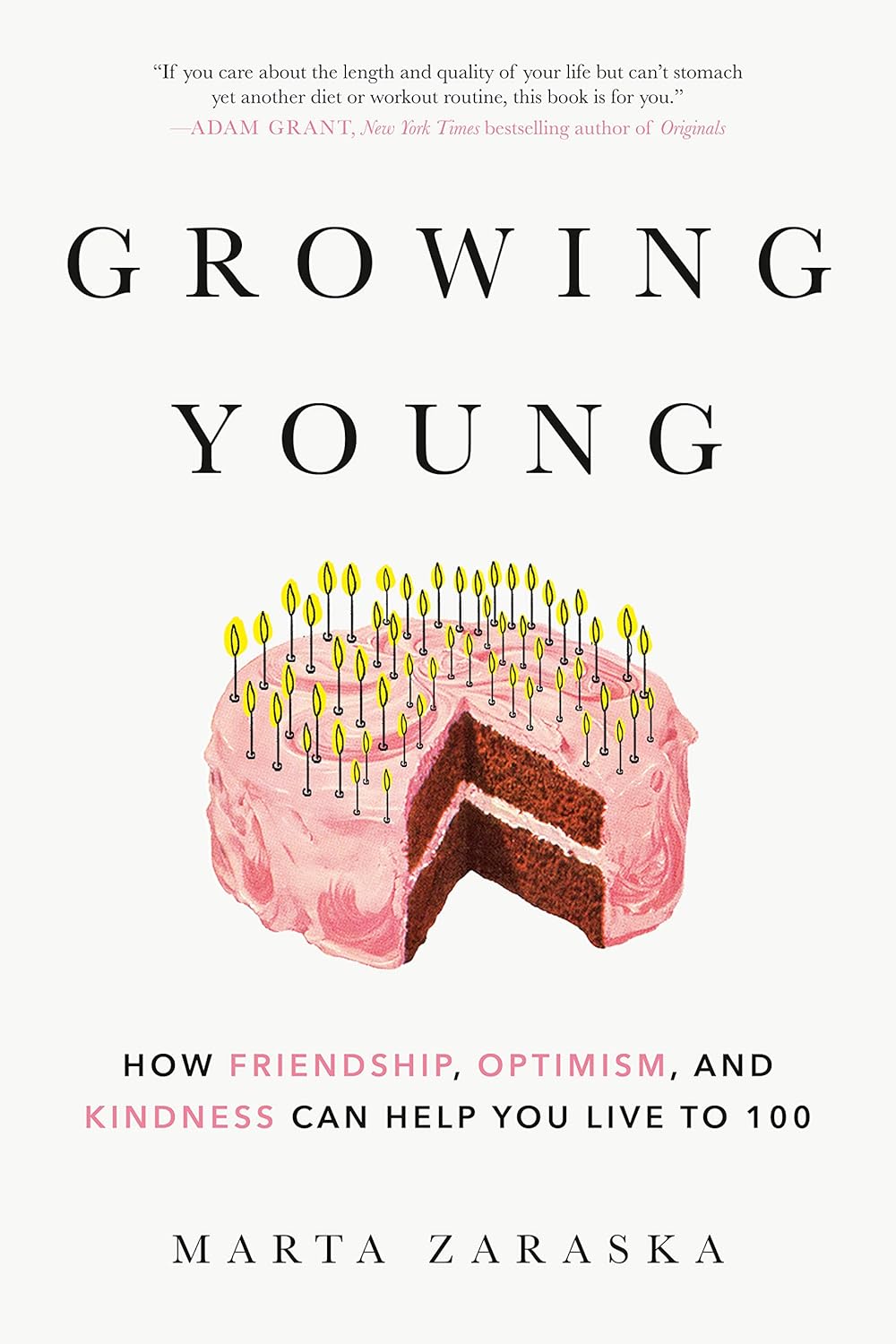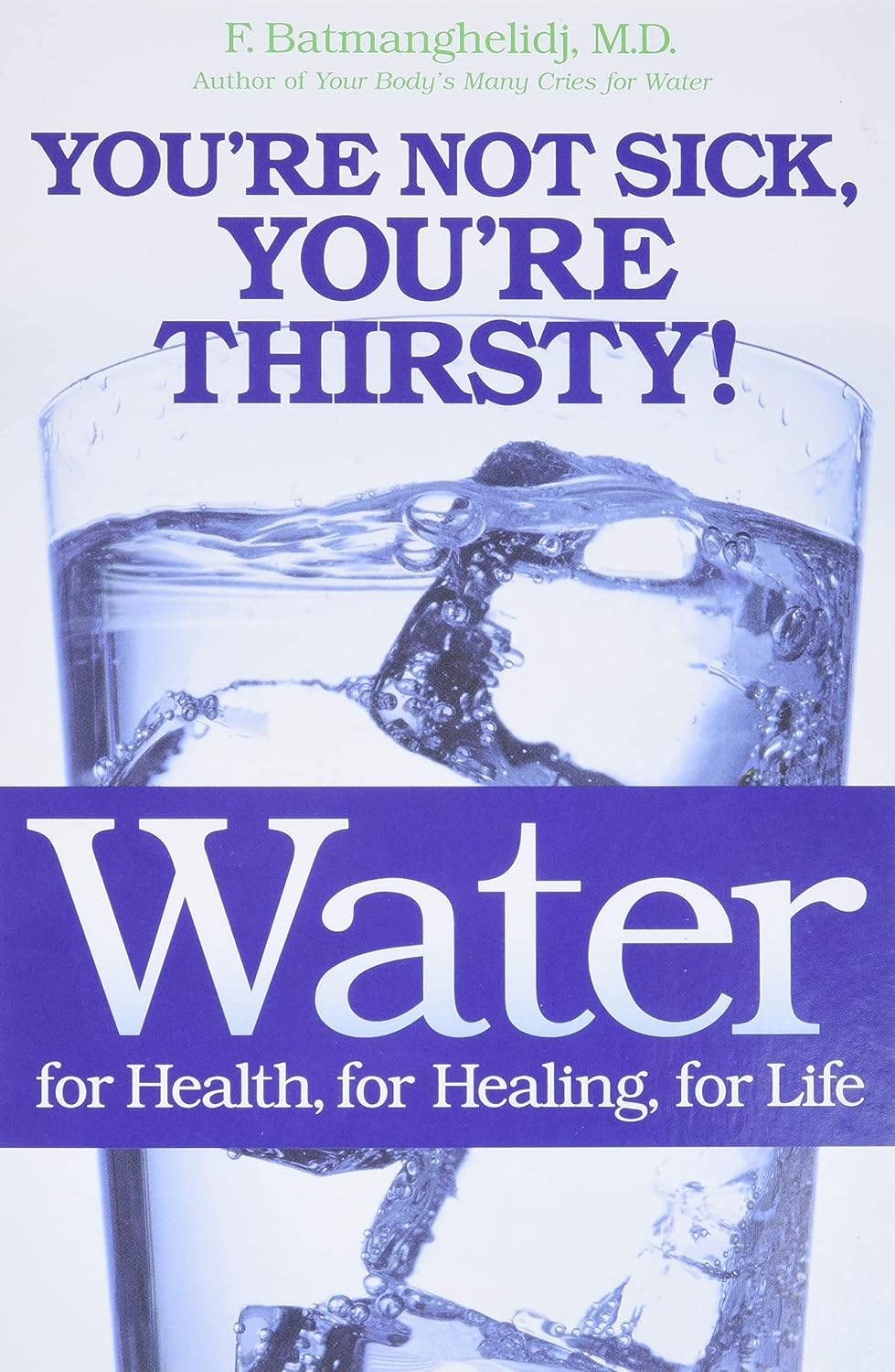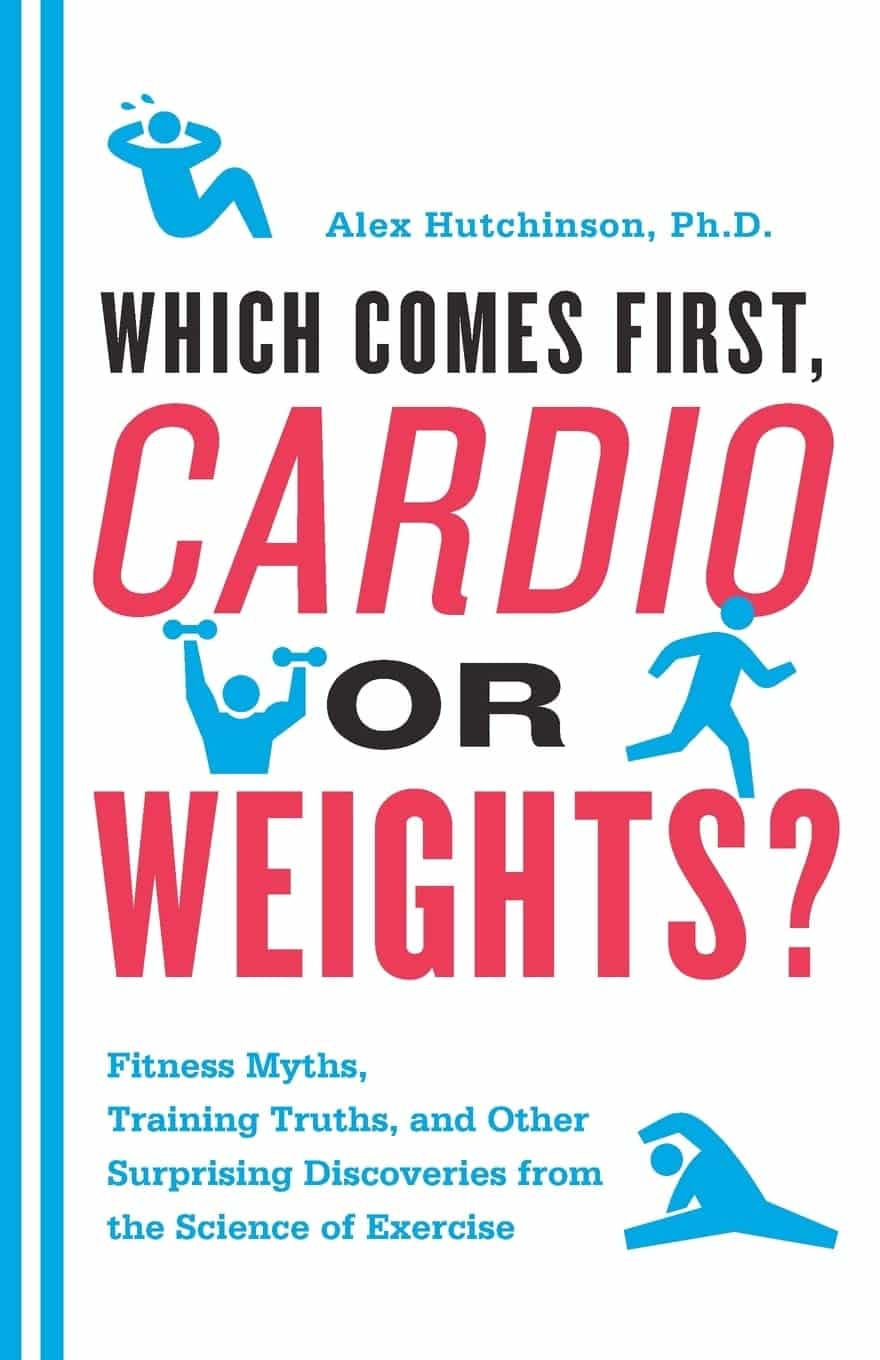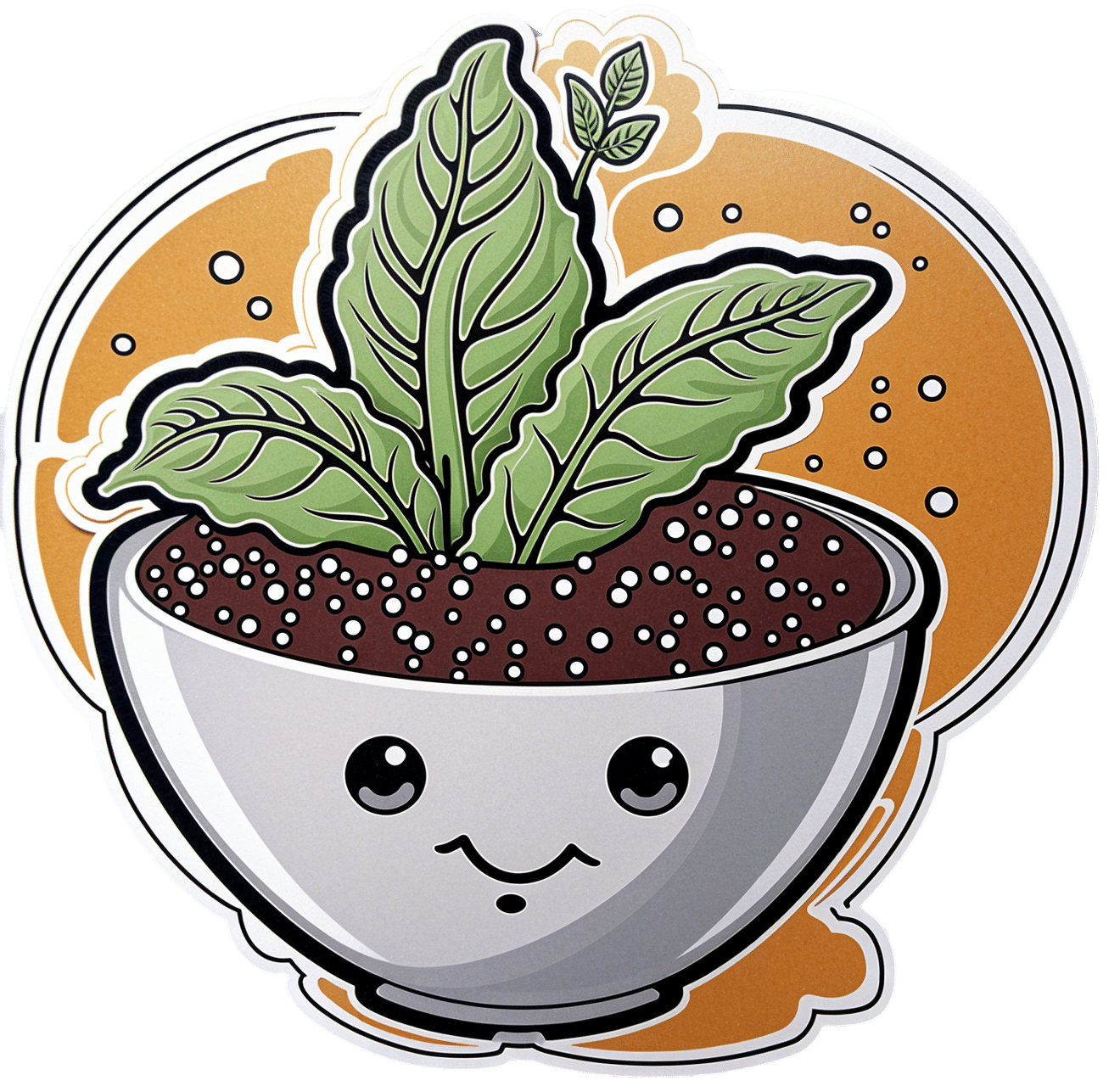
The Tiniest Seeds With The Most Value
10almonds is reader-supported. We may, at no cost to you, receive a portion of sales if you purchase a product through a link in this article.
If You’re Not Taking Chia, You’re Missing Out
Last Tuesday, we wrote about nutritional psychiatry, and the benefits of eating for one’s mental health.
You can check out Dr. Uma Naidoo’s to-dos, here:
The 6 Pillars Of Nutritional Psychiatry
In response, one of our subscribers wrote to mention:
❝Really interesting….just put chia seeds in my diet love them……taking the Drs advice.❞
~ Cindy, 10almonds subscriber
And then! On Friday, our tip at the top of the newsletter was:
Not sure how to incorporate chia seeds into your diet? It’s easier to want the benefits of their many brain-healthy (and otherwise-healthy, too) nutrients, than it is to know what to do with them necessarily, and not everyone enjoys seeds as a snack. So…
When you cook rice, throw in a tablespoon of chia seeds too. The cooking process will soften them and they won’t be texturally any different than the rice, but the nutrients will be all there.
They can also be thrown in with lentils, in the same fashion! Or oatmeal, when cooking it or making overnight oats.
We’ll be honest, it was Cindy’s comment that prompted us to suggest it. But wait! There was more to come in response:
❝You had a teaser ..on Chia seed.would of liked a article on the benefits . I’ve just discovered Chia seeds…❞
~ Cindy, 10almonds subscriber
So, Cindy, this one’s for you:
Nutritional powerhouse
First things first, these tiny seeds have a lot of nutrients. There are not many more nutrient-dense foods than this (there’s a kind of seaweed that might be a contender; we’ll have to do some research and get back to you).
Check them out:
USDA Nutritional Factsheet: Chia Seeds
So much protein and healthy fat, so many vitamins and minerals, and so many miscellaneous other micronutrients that we’d be here all day to list them (which is why we linked the above factsheet instead).
Antioxidants in abundance
These deserve a special mention, because they include quercetin which we’ve written about previously:
Fight Inflammation & Protect Your Brain, With Quercetin
…as well as quite a collection of others (including chlorogenic acid and caffeic acid, which may sound alarming but are great for lowering your blood pressure and against inflammation, respectively):
- The effect of chlorogenic acid on blood pressure: a systematic review and meta-analysis of randomized clinical trials
- Synthesis, preliminary bioevaluation and computational analysis of caffeic acid analogues
There are others too, with cardioprotective effects, liver-healthy effects, and anticancer properties:
Nutritional and therapeutic perspectives of Chia (Salvia hispanica L.): a review
Good for the heart and blood
Check it out:
- Chia flour supplementation reduces blood pressure in hypertensive subjects
- Chia seed (Salvia hispanica L.) supplementation to the diet of adults with type 2 diabetes improved systolic blood pressure: A randomized controlled trial
Oh, and about diabetes? There’s more, this time pertaining to reducing after-dinner blood sugars (or “postpranidial glycemia”, in sciencese):
- Reduction in postprandial glucose excursion and prolongation of satiety: possible explanation of the long-term effects of whole grain Salba (Salvia Hispanica L.)
- Effect of whole and ground Salba seeds (Salvia Hispanica L.) on postprandial glycemia in healthy volunteers: a randomized controlled, dose-response trial
Good for the brain
Regular 10almonds readers will know that “what’s good for the blood, is good for the brain” is a very good rule of thumb already, but their highomega-3 content makes them especially so:
What Omega-3 Fatty Acids Really Do For Us
Want some?
We don’t sell them, but you can probably find them in your local supermarket and/or health food store, and if you prefer getting things online, here for your convenience is an example product on Amazon
Enjoy!
Don’t Forget…
Did you arrive here from our newsletter? Don’t forget to return to the email to continue learning!
Recommended
Learn to Age Gracefully
Join the 98k+ American women taking control of their health & aging with our 100% free (and fun!) daily emails:
-
The 5 Resets – by Dr. Aditi Nerurkar
10almonds is reader-supported. We may, at no cost to you, receive a portion of sales if you purchase a product through a link in this article.
What this book isn’t: an advice to go on a relaxing meditation retreat, or something like that.
What this is: a science-based guide to what actually works.
There’s no need to be mysterious, so we’ll mention that the titular “5 resets” are:
- What matters most
- Quiet in a noisy world
- Leveraging the brain-body connection
- Coming up for air (regaining perspective)
- Bringing your best self forward
All of these are things we can easily lose sight of in the hustle and bustle of daily life, so having a system for keeping them on track can make a huge difference!
The style is personable and accessible, while providing a lot of strongly science-backed tips and tricks along the way.
Bottom line: if life gets away from you a little too often for comfort, this book can help you keep on top of things with a lot less stress.
Click here to check out “The 5 Resets”, and take control with conscious calm!
Share This Post
-
Exercise with Type 1 Diabetes – by Ginger Vieira
10almonds is reader-supported. We may, at no cost to you, receive a portion of sales if you purchase a product through a link in this article.
If you or a loved one has Type 1 Diabetes, you’ll know that exercise can be especially frustrating…
- If you don’t do it, you risk weight gain and eventual insulin resistance.
- If you do it, you risk dangerous hypos, or perhaps hypers if you took off your pump or skipped a bolus.
Unfortunately, the popular medical advice is “well, just do your best”.
Ginger Vieira is Type 1 Diabetic, and writes with 20+ experience of managing her diabetes while being a keen exerciser. As T1D folks out there will also know, comorbidities are very common; in her case, fibromyalgia was the biggest additional blow to her ability to exercise, along with an underactive thyroid. So when it comes to dealing with the practical nuts and bolts of things, she (while herself observing she’s not a doctor, let alone your doctor) has a lot more practical knowledge than an endocrinologist (without diabetes) behind a desk.
Speaking of nuts and bolts, this book isn’t a pep talk.
It has a bit of that in, but most of it is really practical information, e.g: using fasted exercise (4 hours from last meal+bolus) to prevent hypos, counterintuitive as that may seem—the key is that timing a workout for when you have the least amount of fast-acting insulin in your body means your body can’t easily use your blood sugars for energy, and draws from your fat reserves instead… Win/Win!
That’s just one quick tip because this is a 1-minute review, but Vieira gives:
- whole chapters, with example datasets (real numbers)
- tech-specific advice, e.g. pump, injection, etc
- insulin-specific advice, e.g. fast vs slow, and adjustments to each in the context of exercise
- timing advice re meal/bolus/exercise for different insulins and techs
- blood-sugar management advice for different exercise types (aerobic/anaerobic, sprint/endurance, etc)
…and lots more that we don’t have room to mention here
Basically… If you or a loved one has T1D, we really recommend this book!
Order a copy of “Exercise with Type 1 Diabetes” from Amazon today!
Share This Post
-
Growing Young – by Marta Zaraska
10almonds is reader-supported. We may, at no cost to you, receive a portion of sales if you purchase a product through a link in this article.
This one will be a slightly mixed review, but we think the book has more than enough of value to make it a very worthwhile read.
The premise of the book is that, as the subtitle suggests, positive social qualities increase personal longevity.
Author (and science journalist) Marta Zaraska looks at a lot of research to back this up, and also did a lot of travelling and digging into stories. This is of great value, because she notes where a lot of misconceptions have arisen.
To give one example, it’s commonly noted that marriage (or as-though-marriage life partnerships) is generally* associated with longer life.
*Statistics suggest that marriage-related longevity is enjoyed by men married to women, and people in same-sex marriages regardless of gender, but is not so much the case for women married to men.
However! Zaraska notes a factor she learned from Gottman’s research (yes, that Gottman), that what matters is not the official status of a relationship, so much as the sense of secure lifelong commitment to it.
These kinds of observations (throughout the book) add an extra layer beyond “common wisdom”, and allow us to better understand what’s really going on. The book’s main weaknesses, meanwhile, are twofold:
- The author is (in this reviewer’s opinion) unduly dismissive of physical health lifestyle factors such as diet and exercise, because they “only” account for a similar bonus to healthy longevity.
- Like many, she does not always consider where correlation might not mean causation. For example, she cites that volunteering free time increases healthspan by 22%, but neglects to note that perhaps it is having the kind of socioeconomic situation that allows one free time to volunteer, that gives the benefit.
Bottom line: the book has its flaws, but we think that only serves to make it more engaging. After all, reading should not be a purely passive activity! Zaraska’s well-studied insights give plenty of pointers for tweaking the social side of anyone’s quest for healthy longevity.
Click here to check out Growing Young, increase your healthspan, and take joy in doing it!
Share This Post
Related Posts
-
Putting a Halt to Feeling Lost, Anxious, Stressed & Unhappy
10almonds is reader-supported. We may, at no cost to you, receive a portion of sales if you purchase a product through a link in this article.
Starting From the Middle
Today’s video (below) dives straight into the heart of the issue, examining the victim mindset, with Dr. Gabor Maté immediately, and quite vulnerably, sharing his personal experiences conquering feelings of despair and anxiety.
As one of the comments on the video says, Dr. Maté is a “person who teaches about something because they experience it themselves”. And it shows through his approach.
With raw honesty, Dr. Maté empathizes with those grappling with inner turmoil, offering hope by emphasizing the power of healing in the present moment.
What is His Method?
Explained simply, Dr. Maté urges individuals to seek trauma-informed care and therapies that address underlying wounds; he emphasizes the pitfalls of relying solely on medication, and instead highlights the idea that triggers can be seen as opportunities for self-reflection and growth. He urges individuals to approach their triggers with compassionate curiosity rather than self-judgment.
In short, Dr Maté’s empathetic approach immediately calms the viewer, whilst providing knowledge crucial to self-improvement.
Let this video act as a reminder that we should take our mental health as seriously as our general health.
How was the video? If you’ve discovered any great videos yourself that you’d like to share with fellow 10almonds readers, then please do email them to us!
Don’t Forget…
Did you arrive here from our newsletter? Don’t forget to return to the email to continue learning!
Learn to Age Gracefully
Join the 98k+ American women taking control of their health & aging with our 100% free (and fun!) daily emails:
-
Water: For Health, for Healing, for Life – by Dr. Fereydoon Batmanghelidj
10almonds is reader-supported. We may, at no cost to you, receive a portion of sales if you purchase a product through a link in this article.
Notwithstanding the cover’s declaration of “you’re not sick, you’re thirsty”, in fact this book largely makes the argument that both are often the case simultaneously, and that dehydration plays a bigger role in disease pathogenesis and progression than it is credited for.
You may be wondering: is this 304 pages to say “drink some water”?
And the answer is: yes, somewhat. However, it also goes into detail of how and why it is relevant in each case, which means that there will be, once you have read this, more chance of your dehydrated and thus acutely-less-functional brain going “oh, I remember what this is” rather than just soldiering on dehydrated because you are too dehydrated to remember to hydrate.
The strength of the book really is in motivation; understanding why things happen the way they do and thus why they matter, is a huge part of then actually being motivated to do something about it. And let’s face it, a “yes, I will focus on my hydration” health kick is typically sustained for less time than many more noticeable (e.g. diet and exercise) healthy lifestyle adjustments, precisely because there’s less there to focus on so it gets forgotten.
The style is a little dated (the book is from 2003, and the style feels like it is from the 80s, which is when the author was doing most of his research, before launching his first book, which we haven’t read-and-reviewed yet, in 1992) but perfectly clear and pleasant to read.
Bottom line: this book may well get you to actually drink more water
Click here to check out Water: For Health, for Healing, for Life, and get hydrating!
Don’t Forget…
Did you arrive here from our newsletter? Don’t forget to return to the email to continue learning!
Learn to Age Gracefully
Join the 98k+ American women taking control of their health & aging with our 100% free (and fun!) daily emails:
-
Which Comes First, Cardio or Weights? – by Alex Hutchinson
10almonds is reader-supported. We may, at no cost to you, receive a portion of sales if you purchase a product through a link in this article.
This is a book of questions and answers, myths and busts, and in short, all things exercise.
It’s laid out as many micro-chapters with questions as headers. The explanations are clear and easy to understand, with several citations (of studies and other academic papers) per question.
While it’s quite comprehensive (weighing in at a hefty 300+ pages), it’s not the kind of book where one could just look up any given piece of information that one wants.
Its strength, rather, lies in pre-emptively arming the reader with knowledge, and correcting many commonly-believed myths. It can be read cover-to-cover, or just dipped into per what interests you (the table of contents lists all questions, so it’s easy to flip through).
Bottom line: if you’ve found the world of exercise a little confusing and would like it demystifying, this book will result in a lot of “Oooooh” moments.
Click here to check out Which Comes First, Cardio or Weights?, and know your stuff!
PS: the short answer to the titular question is “mix it up and keep it varied”
Don’t Forget…
Did you arrive here from our newsletter? Don’t forget to return to the email to continue learning!
Learn to Age Gracefully
Join the 98k+ American women taking control of their health & aging with our 100% free (and fun!) daily emails:

